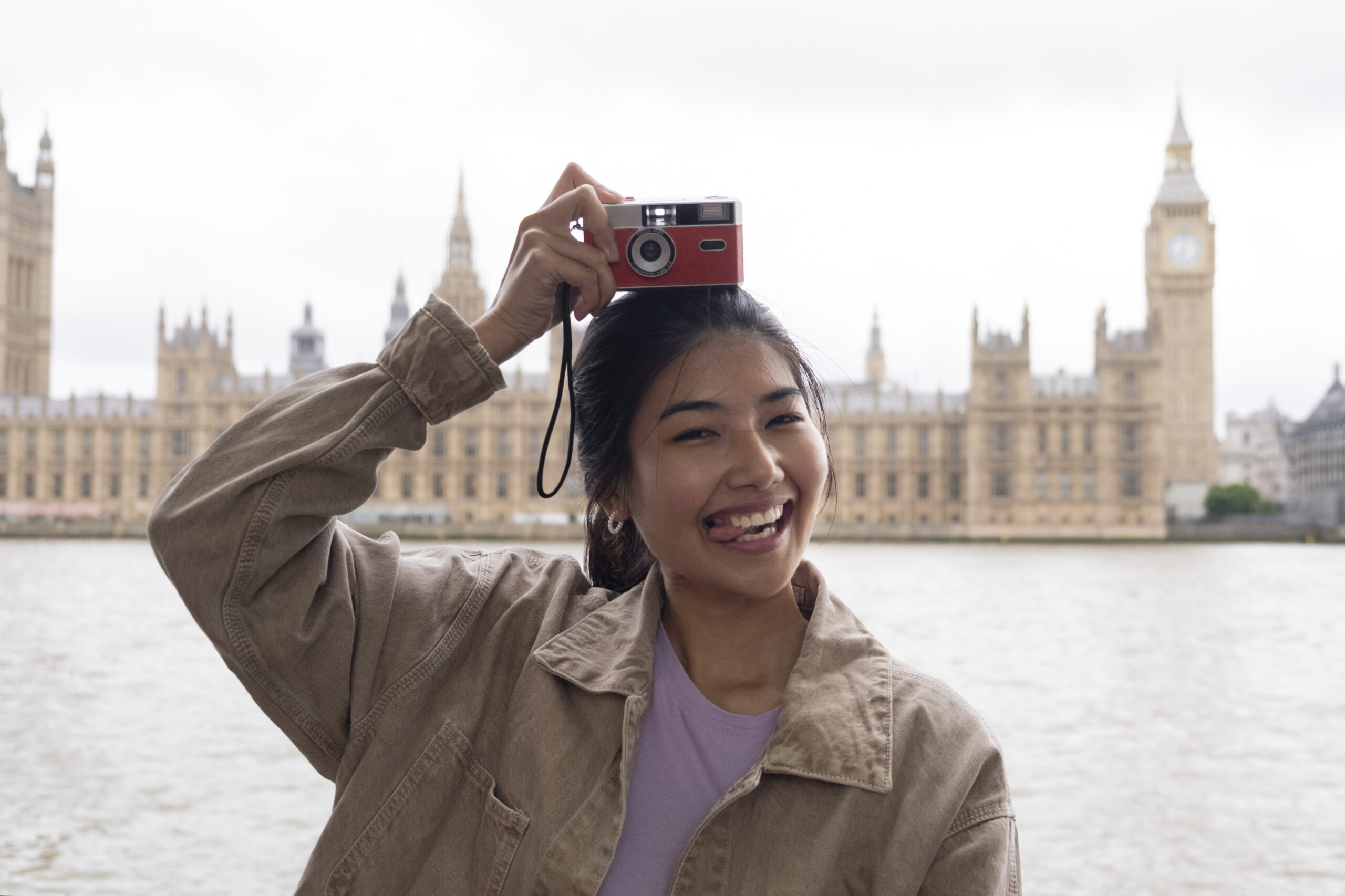So, you’ve made the big decision—you want to study in the UK. Congrats! Now, the real question is: how do you get a UK student visa? The process might sound intimidating at first, but don’t worry. This guide is your new best friend. We’ll walk you through everything, step-by-step, so you know exactly what’s required and how to nail it.
What is a UK Student Visa?
A UK Student Visa (formerly called Tier 4 Visa) allows international students to live and study in the United Kingdom. It’s your golden ticket to universities like Oxford, Cambridge—or even those cool modern ones like UCL and Manchester.
Who Needs a UK Student Visa?
If you’re from outside the UK, including countries like Pakistan, India, Nigeria, and others, you’ll need a student visa. EU and EEA students may also need one, depending on current post-Brexit rules.
Types of UK Student Visas
Student Route Visa (General)
This is the standard visa for adults aged 16 and above who want to pursue higher education in the UK.
Child Student Visa
For students aged 4–17 attending an independent school in the UK.
Short-Term Study Visa
Ideal for English language courses lasting 6–11 months. But heads-up: this one doesn’t allow part-time work or extensions.
General Eligibility Criteria
Before jumping into applications, make sure you tick these boxes:
- You’re 16 or older.
- You’ve been offered a place on a course by a licensed student sponsor.
- You speak, read, write, and understand English.
- You can financially support yourself.
Simple, right?
Acceptable Courses and Institution
Not just any course or school will do. You need to enroll in a UKVI-licensed institution, such as:
- Universities
- Further education colleges
- English language schools (for short-term visas)
What is a CAS (Confirmation of Acceptance for Studies)?
A CAS is a unique reference number given to you by your university once they offer you admission. It proves that a legitimate institution in the UK is expecting you. Keep it safe—it’s your visa application lifeline.
English Language Proficiency Requirements
Approved English Tests
Most students need to prove English proficiency through an approved Secure English Language Test (SELT) like:
- IELTS for UKVI
- Pearson PTE Academic UKVI
- LanguageCert
- Trinity College London tests
Exceptions to the English Requirement
You don’t need to prove English if:
- You’re from a majority-English speaking country
- You’ve completed a degree in English
- You’re applying for certain research-based PhD courses
Financial Requirements
Tuition Fees
You’ll need to show you can pay your first-year tuition in full (or that you’ve already paid it).
Living Costs
Depending on where you’ll live:
- London: £1,334/month (for up to 9 months)
- Outside London: £1,023/month (for up to 9 months)
Financial Documents You’ll Need
- Bank statements showing funds held for at least 28 consecutive days
- Sponsor letters (if someone is funding you)
- Scholarship letters (if applicable)
Additional Documents for the Visa Application
Along with your CAS and financial proof, you’ll also need:
- A valid passport
- A TB test certificate (if applicable)
- Academic certificates
- English test results
- Parental consent (if under 18)
How to Apply for a UK Student Visa
Step-by-Step Application Process
- Get your CAS from your institution.
- Apply online at the UKVI website.
- Pay the application fee.
- Book an appointment at your nearest visa application center.
- Attend your biometrics appointment.
- Submit your documents.
Visa Fees and Processing Time
- Standard fee: £490 (as of 2025)
- Processing time: Usually 3 weeks
- Priority options: Available in some countries
Biometrics and Visa Interview
You’ll need to give your fingerprints and a photograph (biometrics) and sometimes attend a credibility interview. Just be honest—they mostly want to confirm your intent and background.
Health and TB Test Requirements
Coming from countries like India, Pakistan, Nigeria, or Bangladesh? You’ll need a TB test certificate from an approved clinic.
Also, prepare to pay the Immigration Health Surcharge (IHS):
- Around £776/year (subject to change)
This gives you access to the NHS (National Health Service) while you’re studying.
Working While Studying
Yes, you can work:
- Up to 20 hours/week during term
- Full-time during vacations
But remember: not all types of work are allowed (no pro sports or full-time permanent jobs).
Visa Refusal: Common Reasons
Most common reasons for rejections:
- Incomplete documents
- Insufficient funds
- Low English proficiency
- Fake or unverifiable documents
- Inconsistent or dishonest answers in the interview
What Happens After You Get the Visa?
Arriving in the UK
You’ll get a vignette sticker in your passport to enter the UK (valid for 30 or 90 days).
Activating Your BRP (Biometric Residence Permit)
Once in the UK, you’ll need to pick up your BRP from a post office within 10 days. This card proves your legal stay—don’t lose it!
Final Tips for a Successful Application
- Triple-check your documents
- Start early (at least 3 months in advance)
- Use a checklist
- Be honest and consistent
- Consult an education consultant if needed
Conclusion
Applying for a UK student visa might feel like a maze, but with the right guide (like this one), it’s more like a treasure map. Just stay organized, follow the process, and soon enough, you’ll be sipping tea in London or walking the rainy streets of Glasgow on your way to class. Good luck—and safe travels!
FAQs
1. Can I bring my family with me on a UK student visa?
Yes, if you’re studying a postgraduate course (9+ months), your partner and children may join as dependents.
2. What if my visa application is refused?
You’ll receive a refusal letter explaining why. You can reapply or appeal in certain situations.
3. Do I need to pay the visa fee again if I reapply?
Yes. Each application is new, so the fee applies every time.
4. How early can I apply for a UK student visa?
You can apply up to 6 months before your course start date.
5. Can I stay in the UK after my course ends?
Yes! You can apply for a Graduate Route Visa, which lets you stay and work for 2 years (3 years for PhDs).








